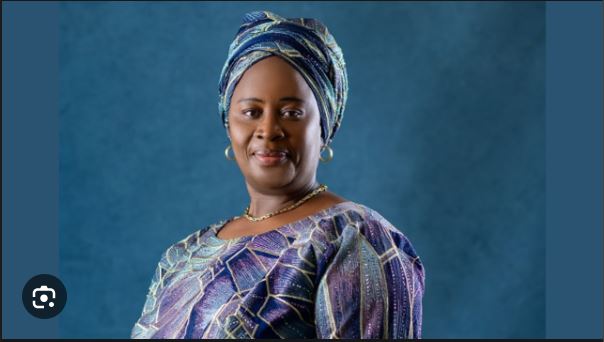
Ms. Beatrice Eyong, the United Nations (UN) Women Country Representative for Nigeria, emphasized the pivotal role of women in achieving food security.
During the FGN-IFAD Cooperation Open House & Exhibition Fair on Tuesday, she highlighted the significance of women’s involvement in food security, stating, “Women play a central role in ensuring food security, a fact universally acknowledged. This year’s theme, ‘Investing in Women, Accelerating Progress,’ underscores the urgent need for collaborative efforts to eradicate poverty and foster gender-inclusive societies.”
Eyong cautioned that neglecting this issue could lead to approximately 342 million women globally falling into extreme poverty.
Addressing Nigeria’s demographics, she pointed out that women head 15% of rural households and 19% of urban households, emphasizing the importance of integrating these women into agricultural activities.
Eyong also outlined the challenges women encounter in agriculture, including limited access to finance, markets, land, and information. She praised initiatives like Climate-Smart Agriculture, implemented in partnership with IFAD, for assisting women in enhancing resilience to climate change.
Furthermore, Eyong highlighted the introduction of a digital platform enabling women to sell their produce globally and the integration of low-cost biogas technology into women’s farming systems to facilitate gas production from organic materials.
Echoing Eyong’s sentiments, Dr. Priscilla Achapka, the Global President of the Women Environment Programme, emphasized the necessity of a robust legal framework to ensure women’s inclusion and investment in agriculture.
“We require a legal framework that addresses the inclusion of women in agriculture and their investments,” Dr. Achapka emphasized.
While acknowledging existing policies like the National Policy on Women, she stressed the importance of enforcing these policies rather than merely having them on paper.
Dr. Achapka identified capacity building and technology development as critical components for empowering women in agriculture.
“We must invest in women through capacity building, technology development, and other agricultural aspects,” she asserted, advocating for gender-sensitive budget allocations to effectively implement these policies.




